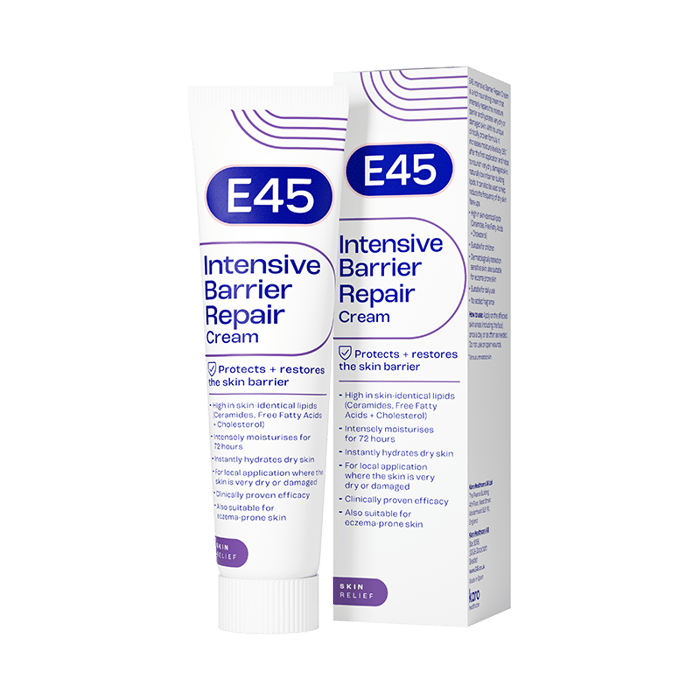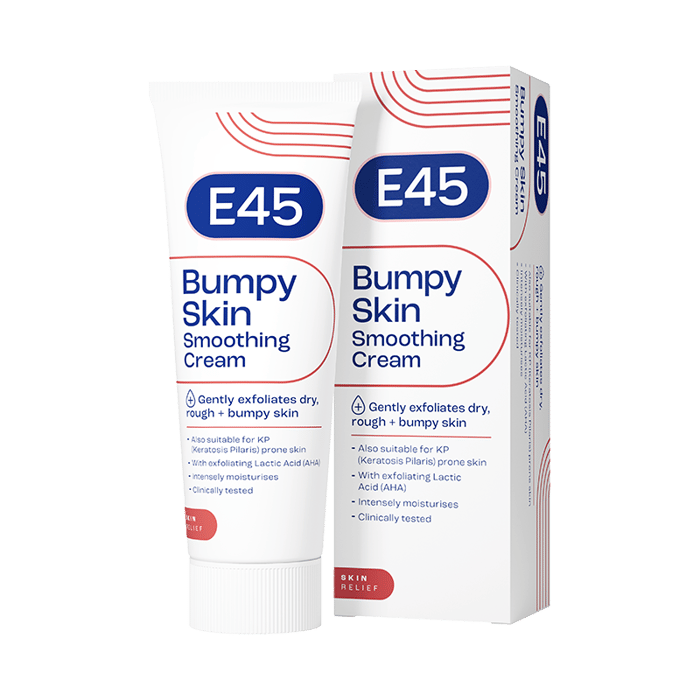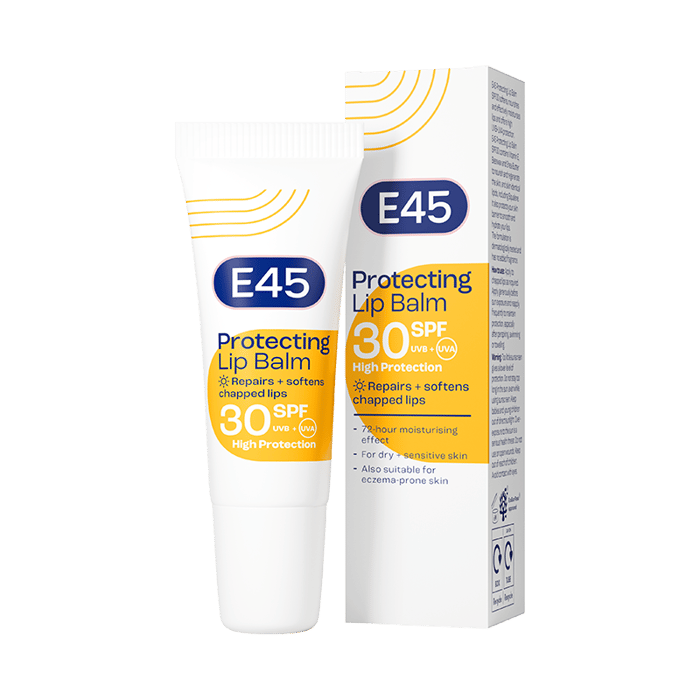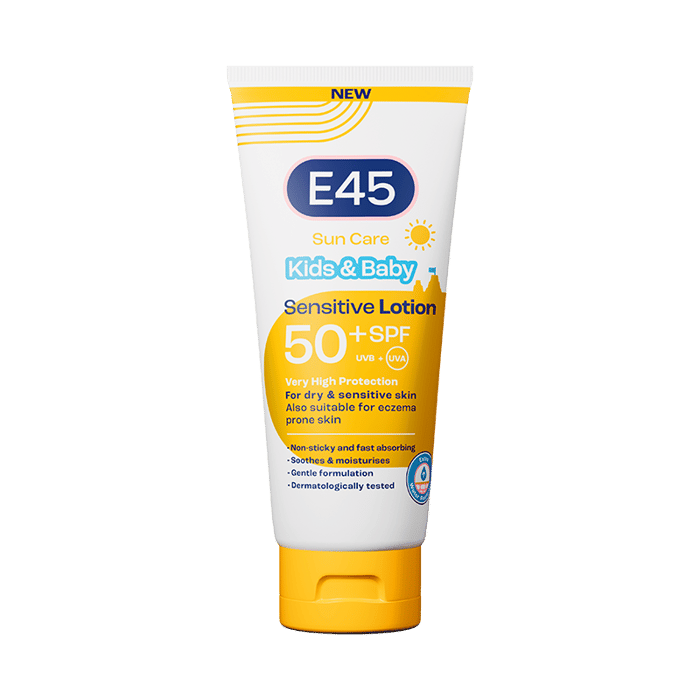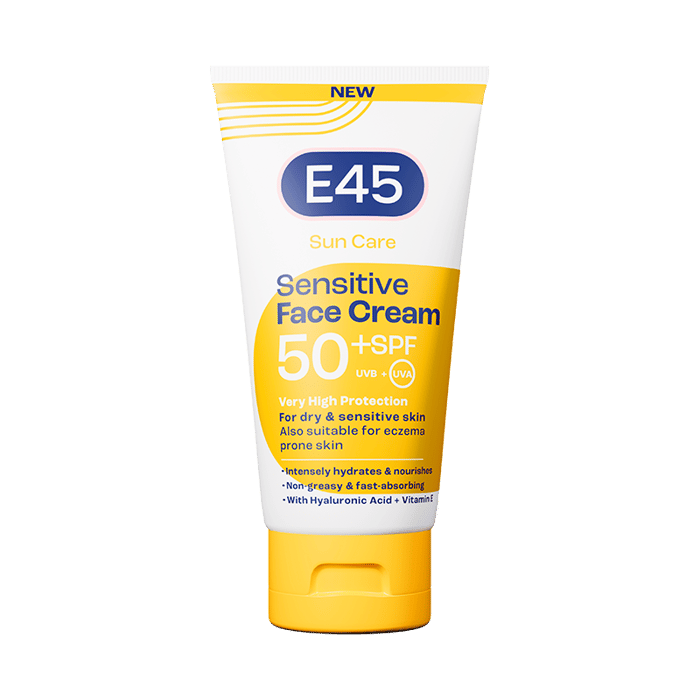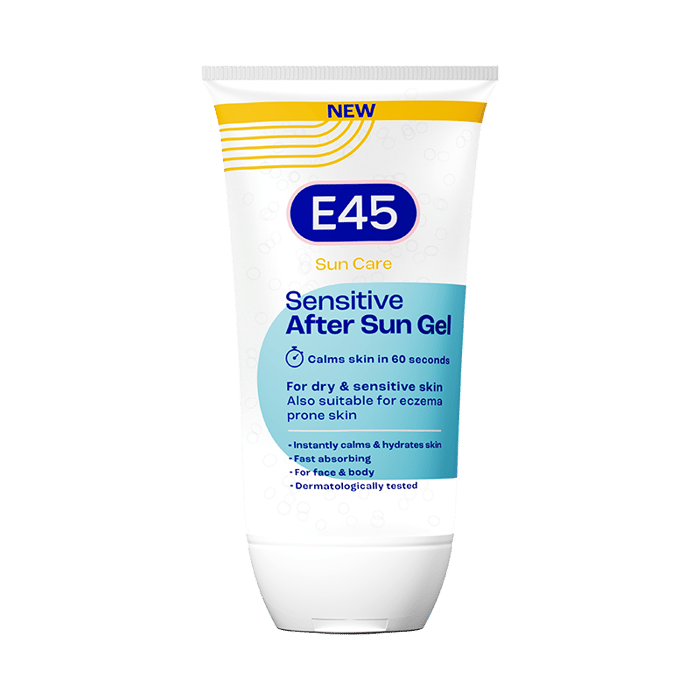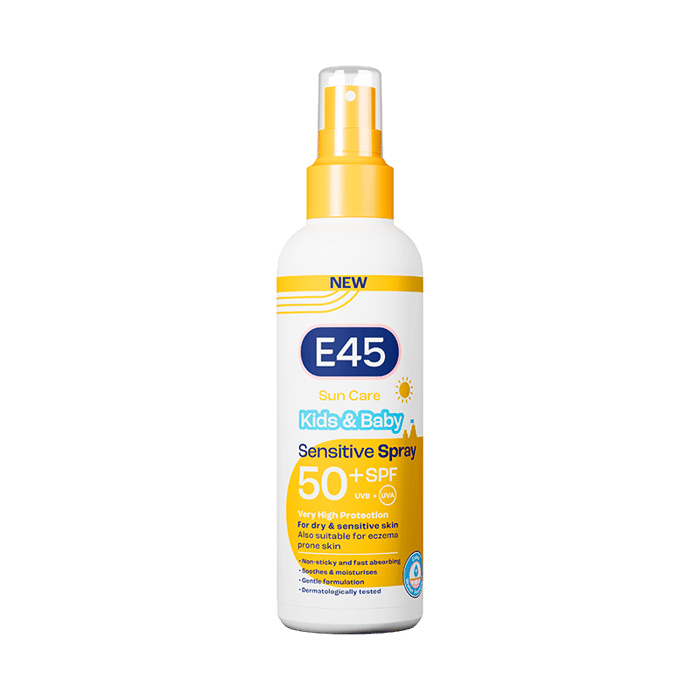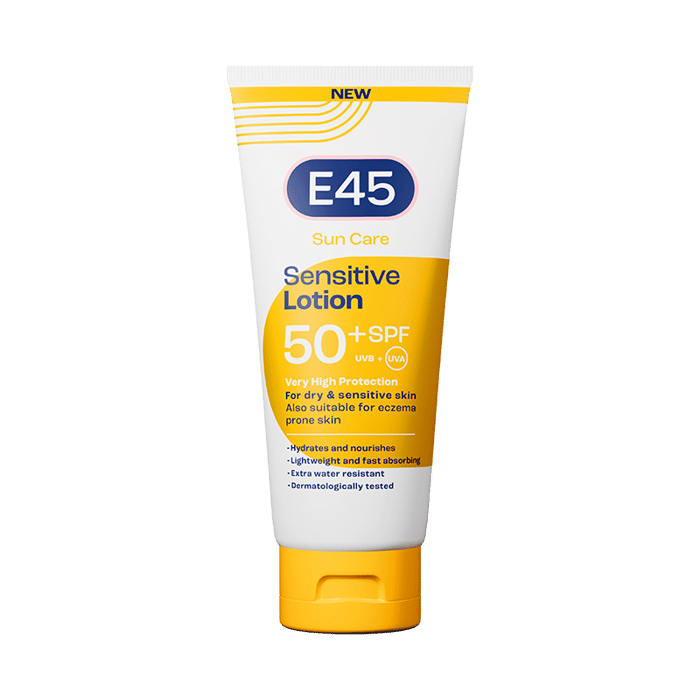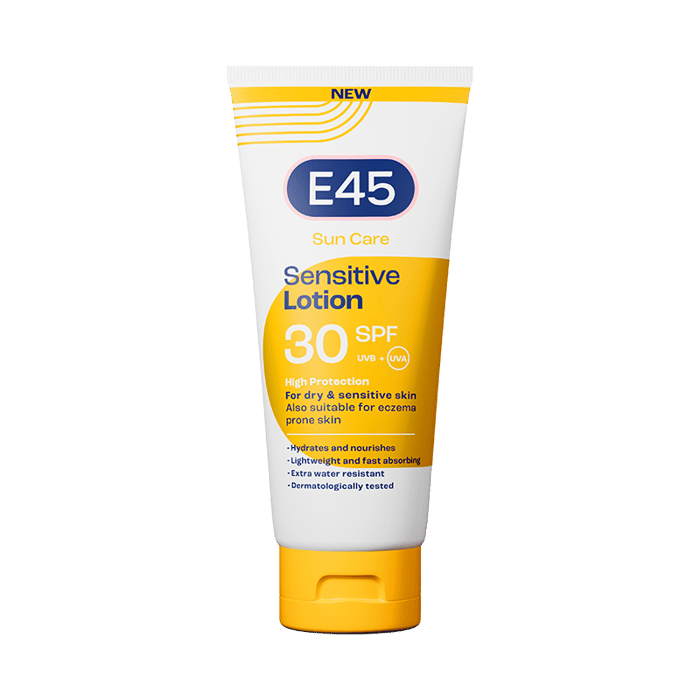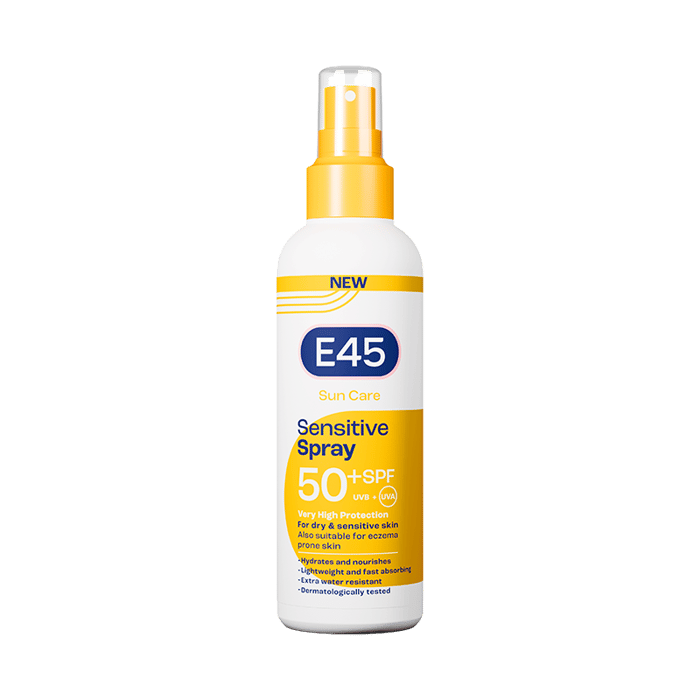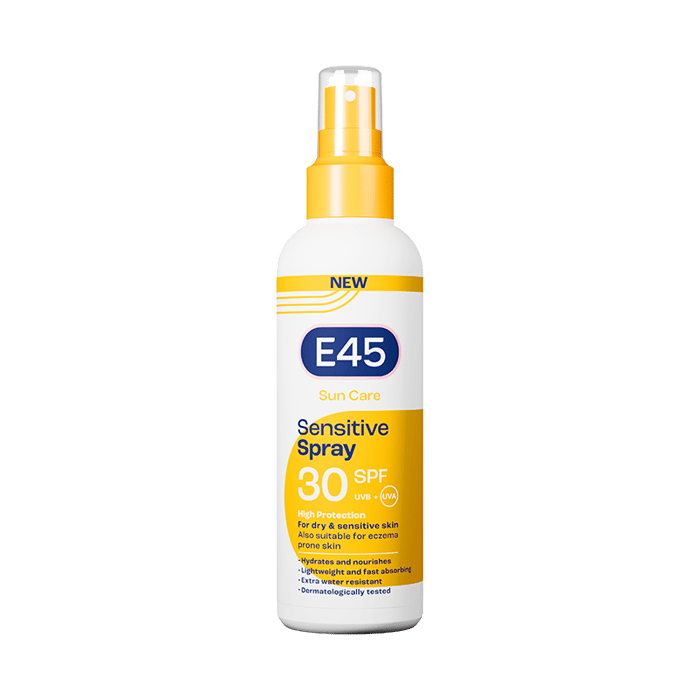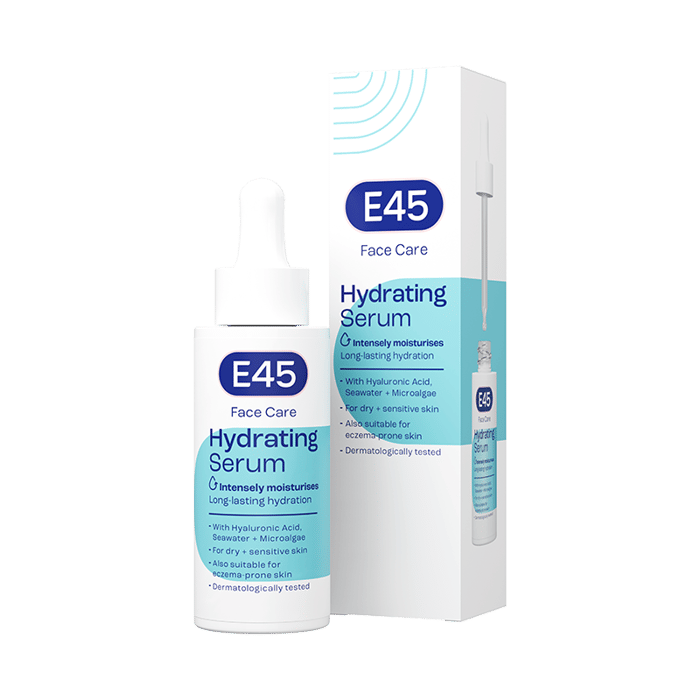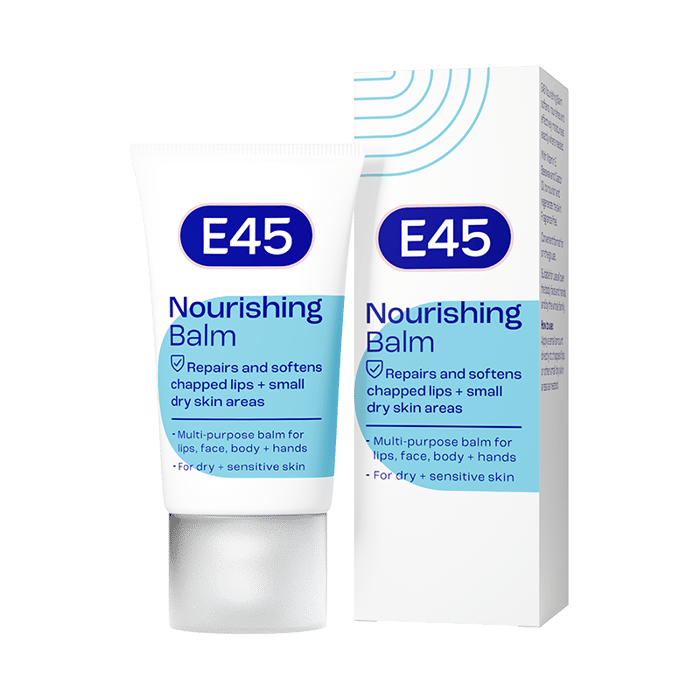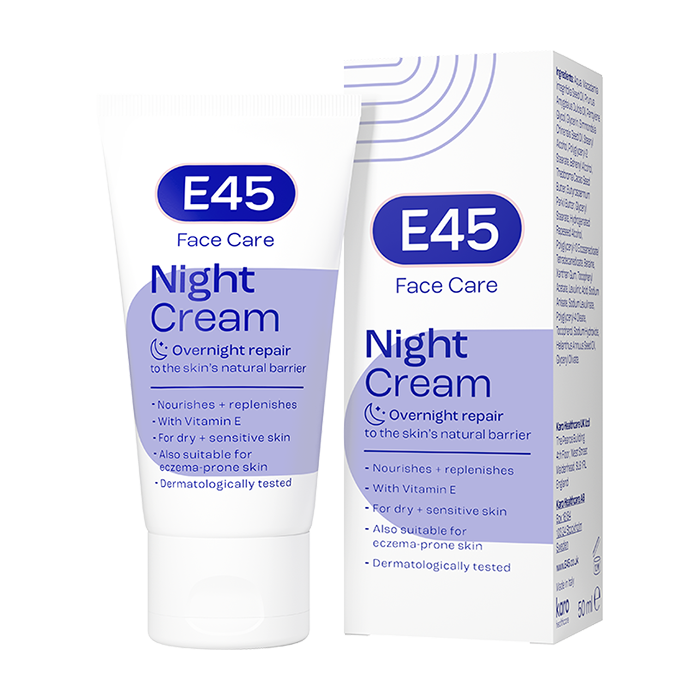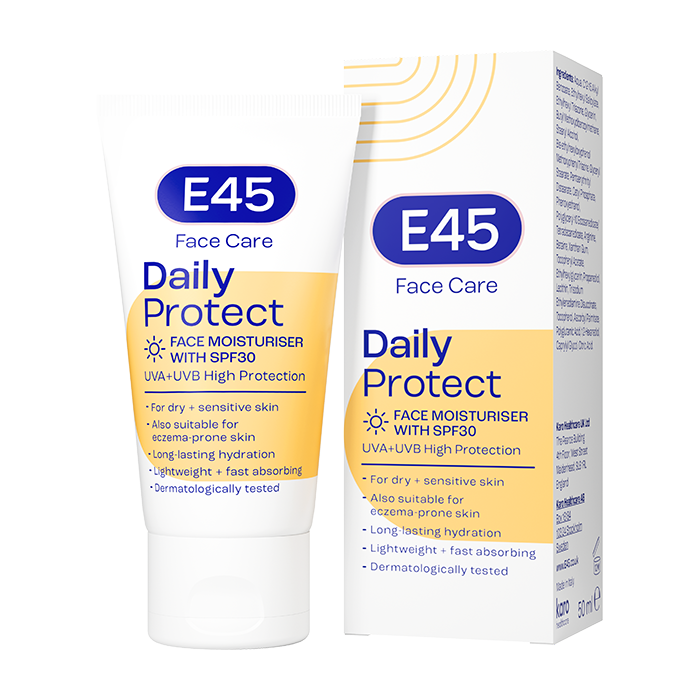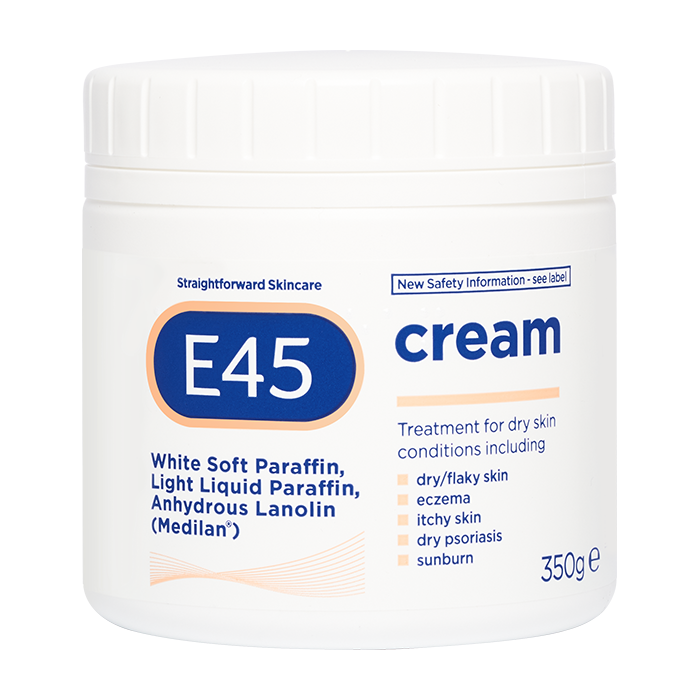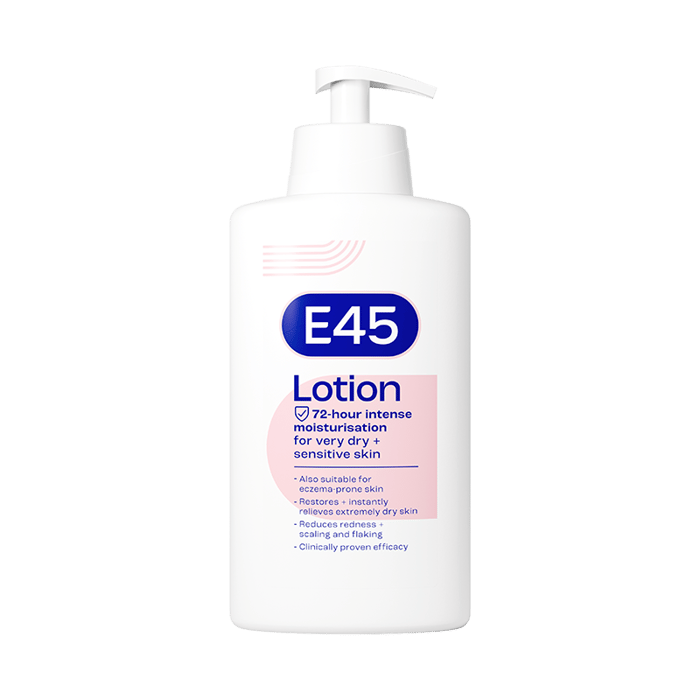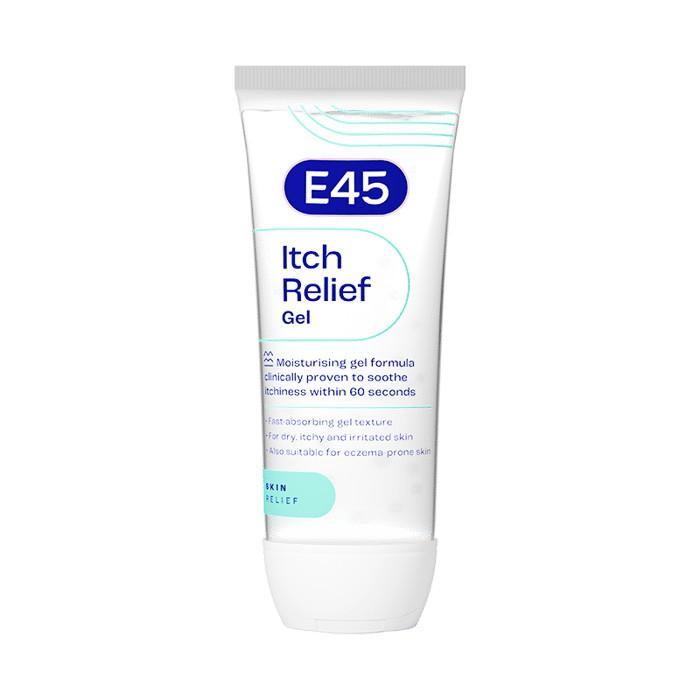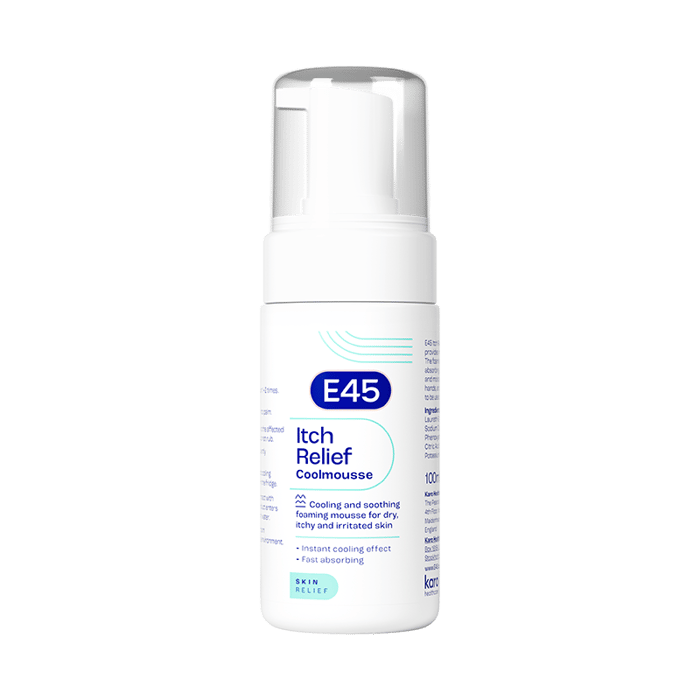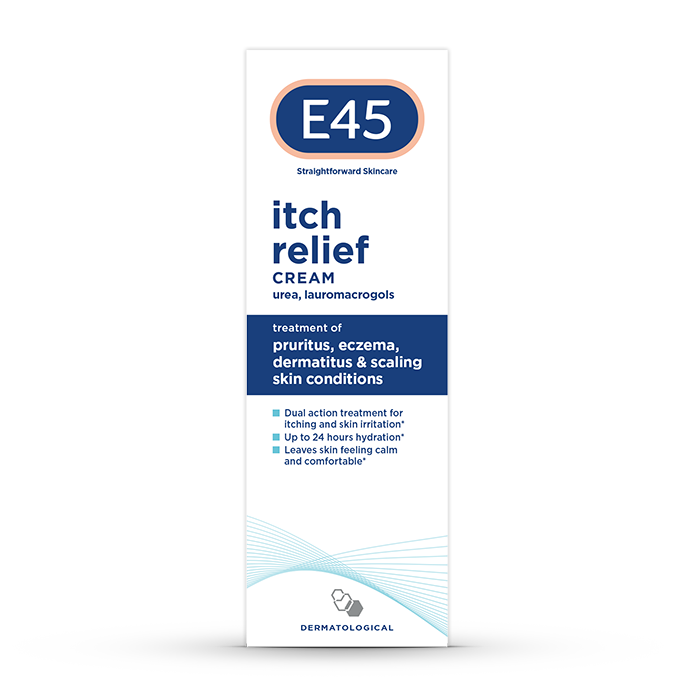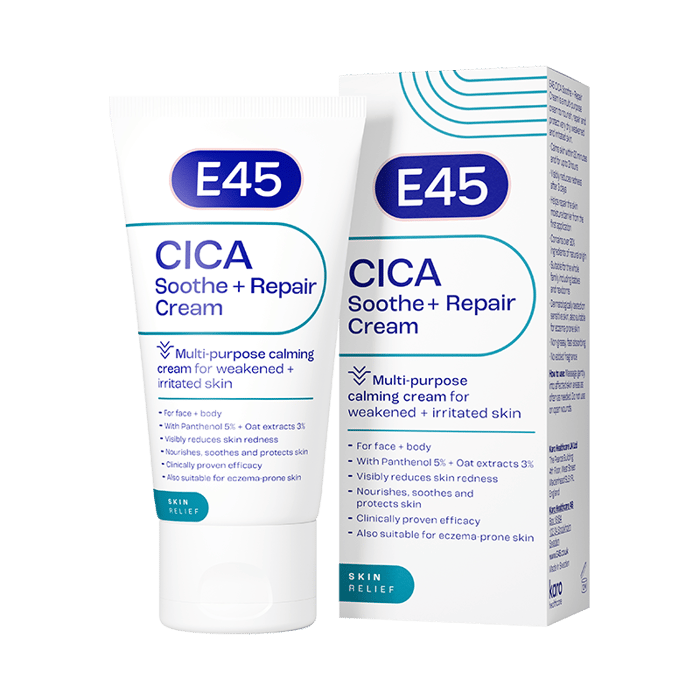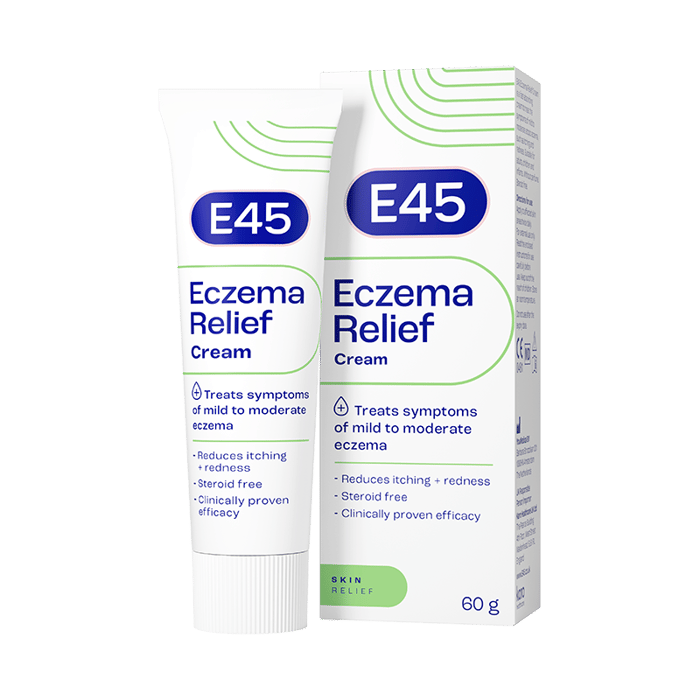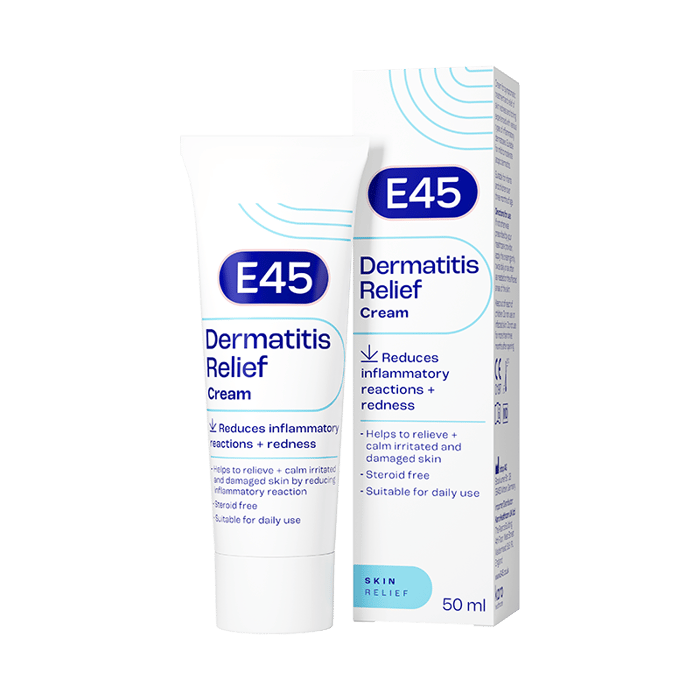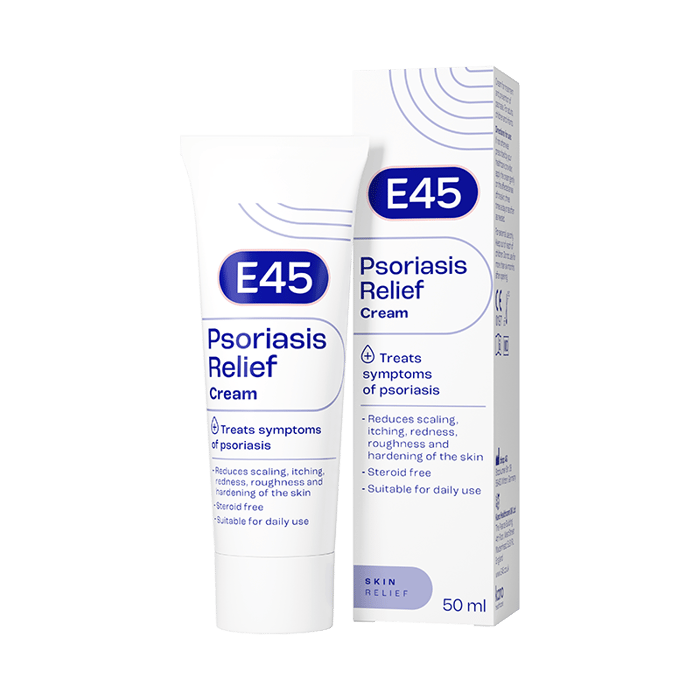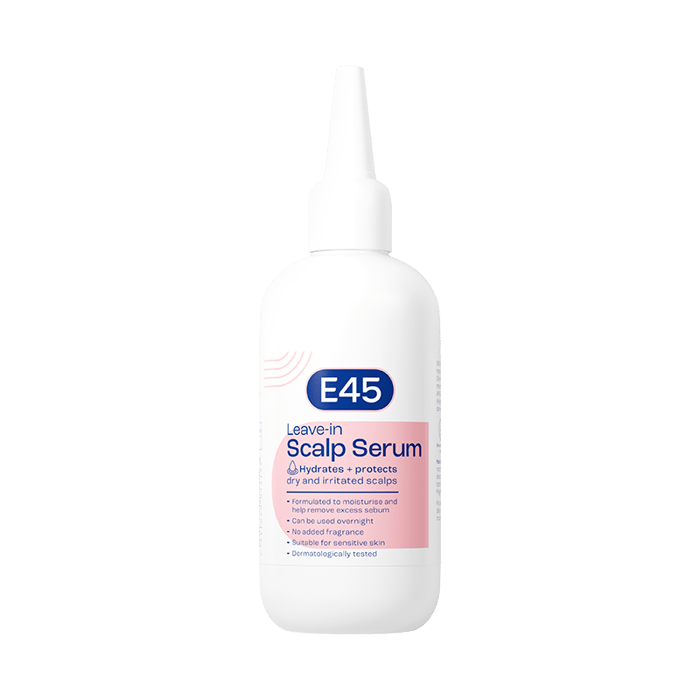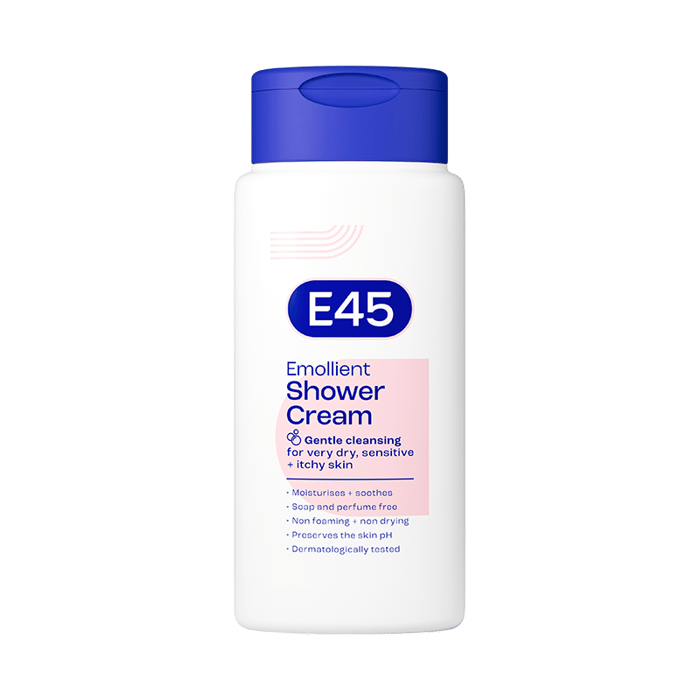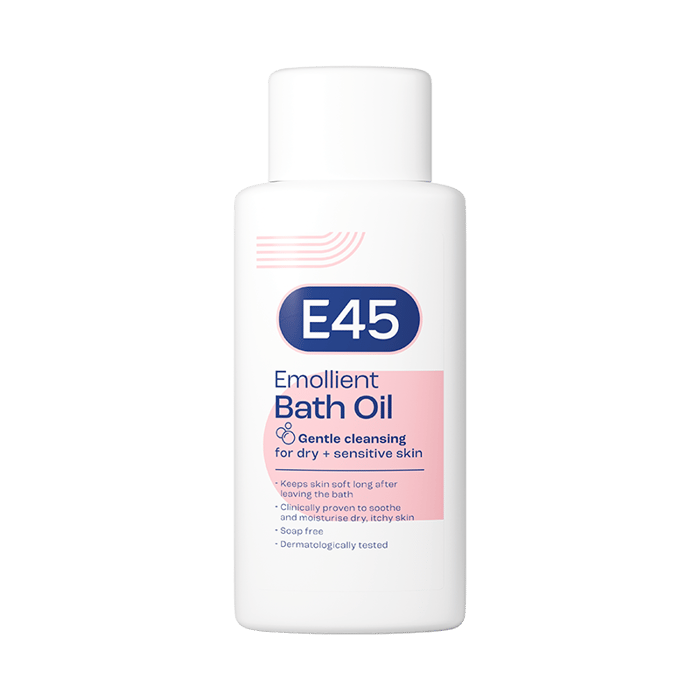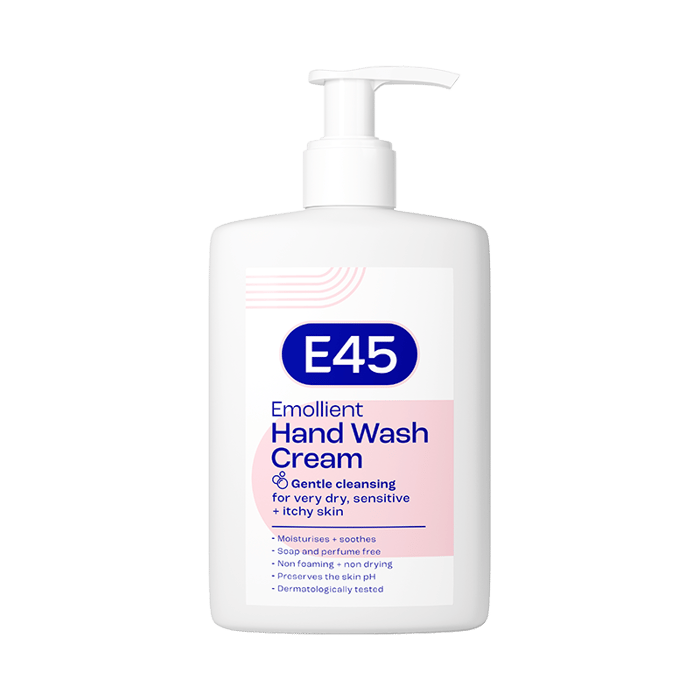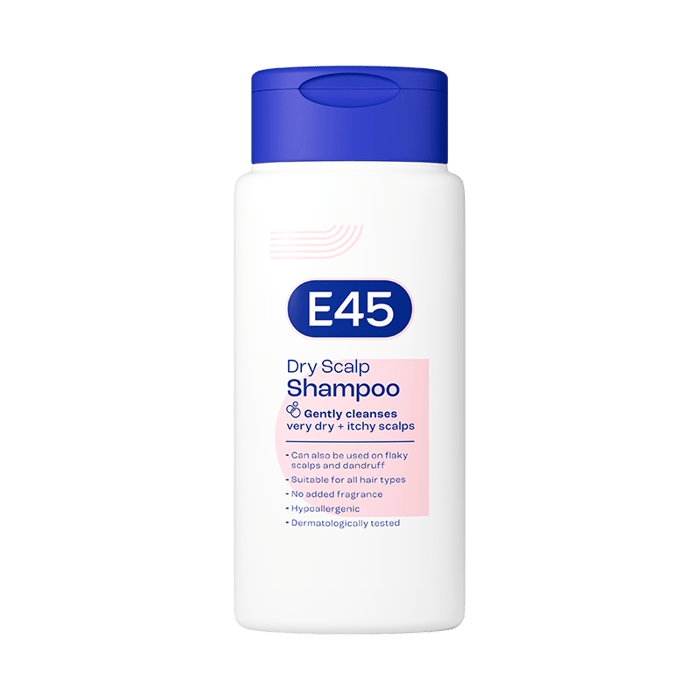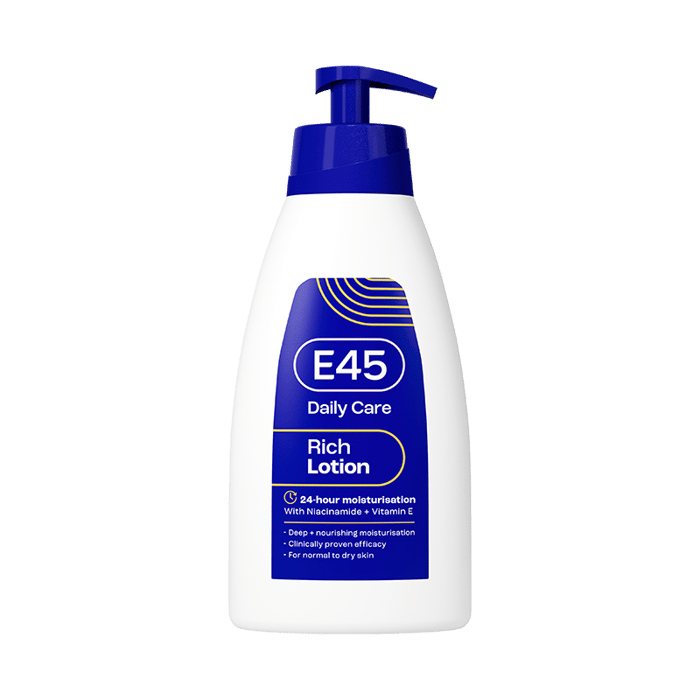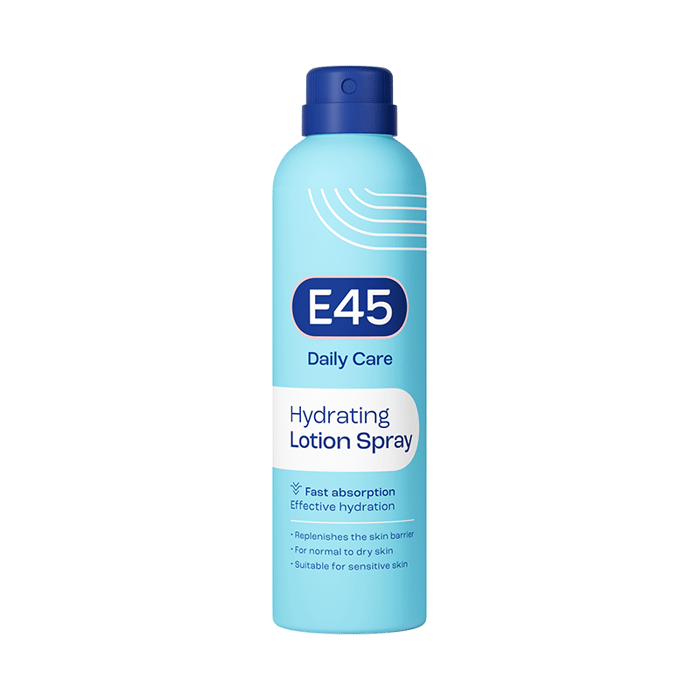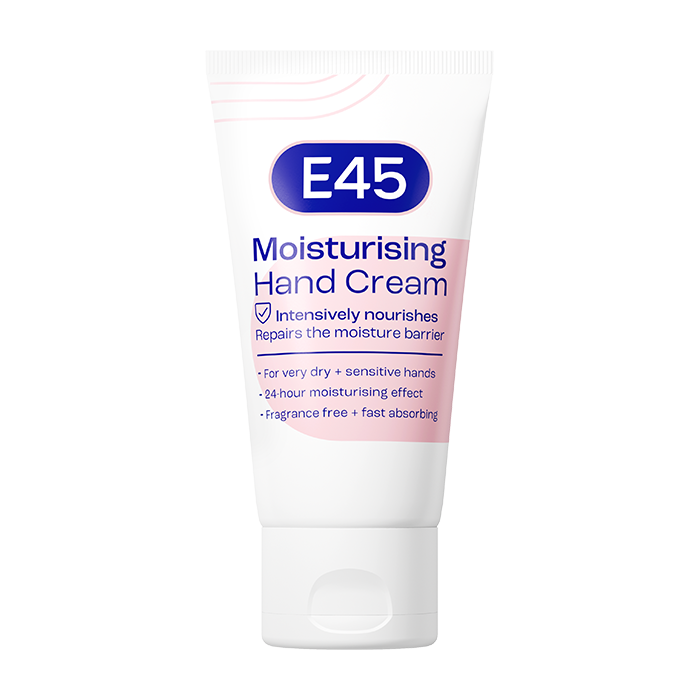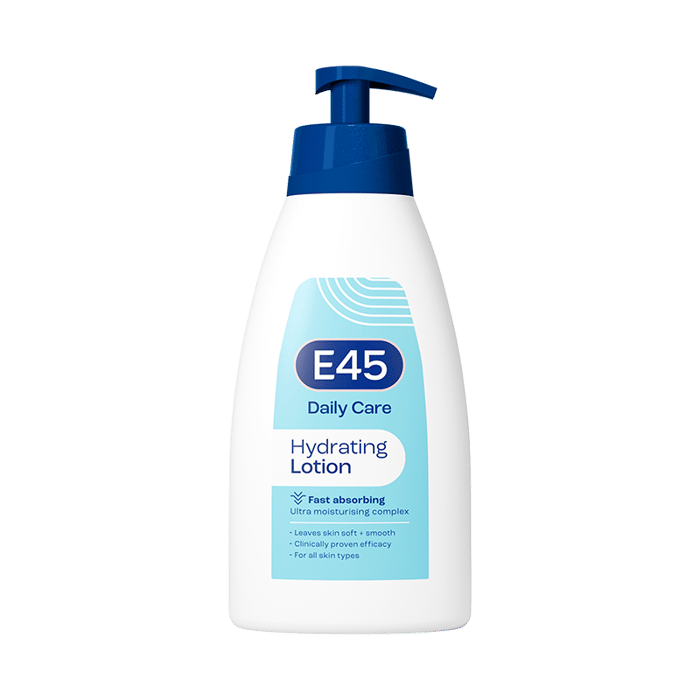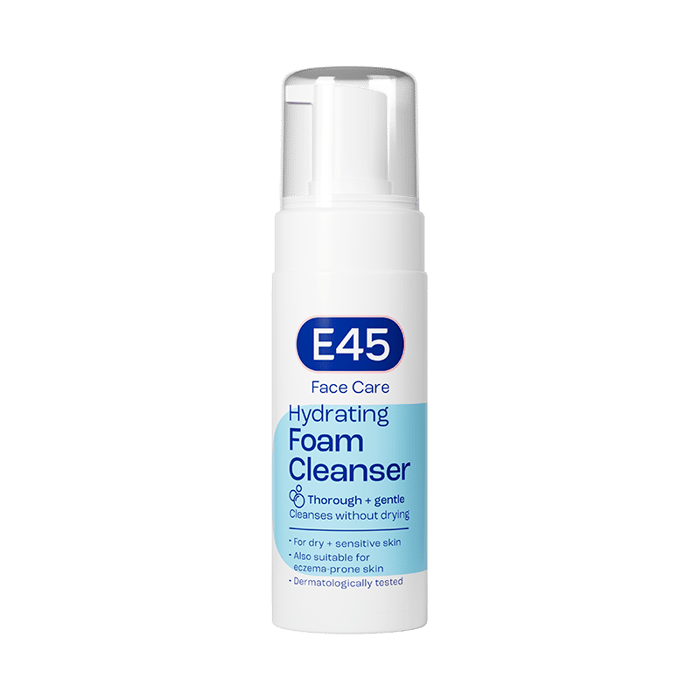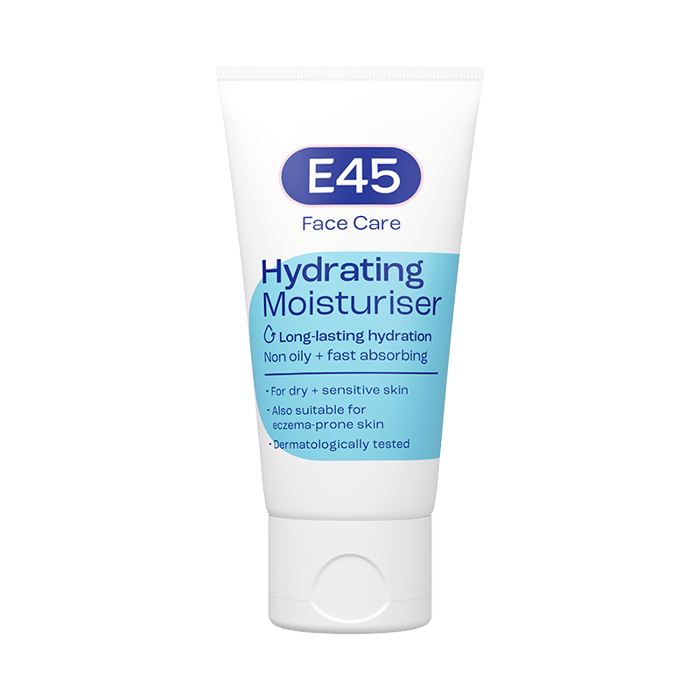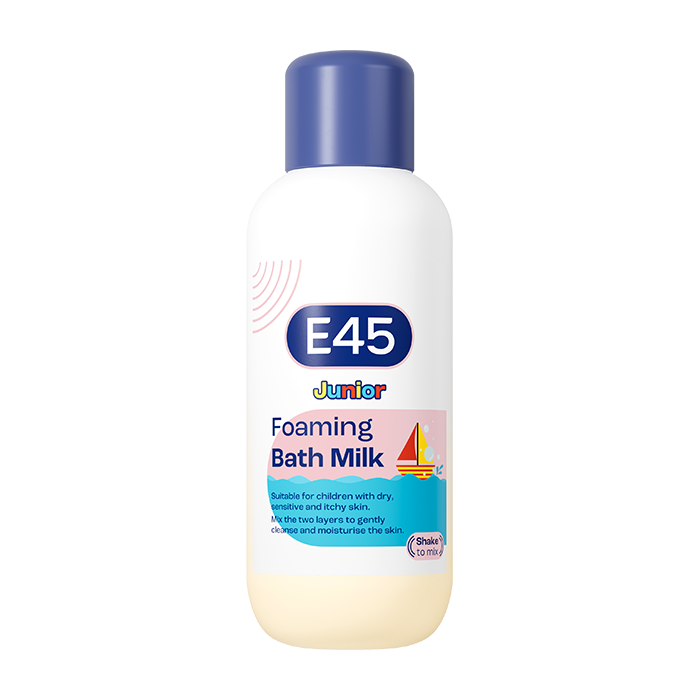Jojoba oil and the skin: Benefits and uses
Discover the many uses and benefits of jojoba oil for skincare. Learn how it nourishes, moisturises and protects the skin, and find out how to incorporate it into your skincare routine.
What is jojoba oil?
Jojoba oil is a plant-based oil extracted from the seeds of the jojoba plant (Simmondsia chinensis), which grows in the southwestern United States and northern Mexico. It has been used for centuries thanks to its many benefits for the skin and hair. Despite being called an “oil,” jojoba oil is actually a liquid wax ester, making it more similar to the natural oils (sebum) our skin produces. This similarity allows it to blend seamlessly with the skin’s oils, offering effective moisturisation and balance (Source).
Rich in vitamins (such as vitamin E and B-complex), antioxidants and essential fatty acids, jojoba oil nourishes and protects the skin. It’s commonly found in a variety of skincare products, including moisturisers, serums, cleansers and oils, thanks to its skin-friendly qualities.
Is jojoba oil good for the skin?
Jojoba oil is incredibly effective for the skin thanks to its moisturising, anti-inflammatory and soothing effects. It works well for a variety of skin types, including dry, oily, sensitive and acne-prone skin. Its non-comedogenic nature ensures it won’t clog pores, making it a great choice for those with acne or oily skin. Additionally, its ability to provide deep hydration without leaving a greasy residue is one of the reasons it’s so popular in skincare.
Benefits of jojoba oil for the skin
Jojoba oil provides a wide range of benefits, from hydration and healing to soothing irritated skin. Here are some of the key advantages of incorporating jojoba oil into your skincare routine:
1. Deep hydration and moisture retention
Jojoba oil is known for its exceptional ability to lock in moisture. It forms a protective barrier over the skin, helping to prevent water loss while keeping the skin hydrated and soft. It works by mimicking the skin’s natural oils, which allows it to absorb deeply and retain moisture without clogging pores or feeling heavy. Regular use can keep the skin moisturised and smooth, especially for dry skin or dehydrated skin (Source).
2. Soothes and reduces inflammation
Jojoba oil has anti-inflammatory properties, making it an excellent ingredient for helping to soothe irritated and inflamed skin. Whether managing eczema, psoriasis or general skin redness, jojoba oil can help to calm the skin, reduce irritation and promote healing (Source). It’s gentle enough for sensitive skin and has even been found to help reduce redness from conditions like rosacea (Source).
3. Controls oil production
While jojoba oil is an oil, it can actually help balance the skin’s oil production. When the skin is over-dried, it tends to produce more oil to compensate. Jojoba oil helps regulate the skin’s oil production by providing moisture, signaling to the skin that it doesn’t need to overproduce oil. This makes it an excellent option for individuals with oily or acne-prone skin who need hydration without triggering breakouts (Source).
4. Anti-ageing properties
Jojoba oil is rich in antioxidants, including vitamin E, which help to neutralise free radicals and prevent premature ageing. Free radicals contribute to skin ageing, leading to wrinkles, fine lines, and loss of skin elasticity. The antioxidants in jojoba oil can help to protect the skin from environmental damage, promoting a smoother and more youthful appearance. The oil also helps to keep the skin supple and hydrated, which reduces the visibility of fine lines and helps maintain skin elasticity (Source).
5. Helps with acne and blemishes
One of the most effective benefits of jojoba oil for the skin is its ability to help prevent and treat acne. Its anti-inflammatory properties can help to reduce the redness and irritation associated with breakouts, while its non-comedogenic nature ensures it won’t clog pores. Additionally, jojoba oil has been shown to help reduce the appearance of scars and blemishes over time by promoting skin healing. It can also help with balancing sebum production, which is crucial to managing acne (Source).
6. Heals and protects the skin barrier
Jojoba oil is beneficial for maintaining and restoring the skin’s natural barrier. The skin barrier protects us from external aggressors, such as pollution, bacteria and harmful microorganisms, which can lead to irritated skin, dryness or premature ageing. Jojoba oil helps to fortify the skin barrier by replenishing the skin’s natural oils, ensuring that it remains intact and able to defend against external stressors (Source).
What skin types can benefit from using jojoba oil?
Jojoba oil is a versatile ingredient that works well for almost all skin types (Source). For dry skin, it acts as an excellent moisturiser, providing much-needed hydration without leaving behind a greasy feeling. Its ability to deeply hydrate helps restore moisture balance, leaving the skin soft and nourished.
For oily skin, jojoba oil can help to regulate oil production, creating a more balanced complexion while preventing excess shine. By mimicking the skin’s natural oils, it helps to control sebum levels, which can reduce the likelihood of oil build-up.
Sensitive skin can also benefit from jojoba oil, thanks to its soothing and anti-inflammatory effects. It can help to calm skin that’s prone to redness, irritation or inflammation, offering relief and promoting a more even-toned appearance.
For acne-prone skin, jojoba oil works by controlling oil production, which can help to prevent clogged pores. It also soothes inflammation and supports the healing process of blemishes, making it a great option for those struggling with acne.
In mature skin, jojoba oil helps to reduce the appearance of fine lines and wrinkles while promoting elasticity. Its deep hydration properties contribute to smoother, plumper skin, making it a valuable addition to anti-ageing routines.
Are there any side effects?
Jojoba oil is generally safe for most people and is well-tolerated by the skin. However, as with any skincare ingredient, it’s always a good idea to perform a patch test before adding it to your routine, particularly if you have sensitive skin. Although allergic reactions to jojoba oil are rare, they can occur in some individuals. To perform a patch test, apply a small amount of jojoba oil to a small area of the skin, such as the inside of your wrist, and wait 24 hours to check for any reactions. If you experience redness, itching, or swelling, discontinue use and consult a dermatologist.
How to use jojoba oil in your skincare routine
To make the most of jojoba oil and its skin benefits, here are some detailed tips for incorporating it into your routine:
As a moisturiser
After cleansing, apply a few drops of jojoba oil to damp skin to lock in hydration. The oil will penetrate deeply, helping to seal in moisture and leaving the skin feeling soft and nourished. For best results, gently massage into your face and neck, focusing on dry areas. You can also mix it with your regular moisturiser for an added boost of hydration.
At E45, we recognise the exceptional benefits of jojoba oil for dry and sensitive skin. E45 Face Care Hydrating Moisturiser – formulated with jojoba oil – helps to improve the skin’s natural barrier for long lasting hydration throughout the day. A non-greasy formulation helps to soothe and soften the skin, rehydrating the outer skin layer and helping to lock in moisture. Additionally, E45 Face Night Cream contains nourishing jojoba oil to hydrate, soften and replenish the skin overnight.
As a makeup remover
Jojoba oil is a gentle yet effective makeup remover, even for stubborn waterproof formulas. Apply a few drops to a cotton pad or your fingertips, and gently massage it over your face, especially around the eyes, to dissolve makeup without stripping your skin’s natural oils. Afterward, rinse your face with warm water or follow up with a mild cleanser to remove any residue.
As a treatment for dry spots
Jojoba oil is ideal for targeting dry or rough patches of skin, such as on the elbows, knees and hands. Simply apply a small amount to these areas and massage it in, allowing the oil to absorb. This will help soften and hydrate the skin, making it feel smooth and moisturised. For extra care, you can apply jojoba oil before bed and wear cotton gloves or socks overnight to lock in moisture.
As an acne treatment
Jojoba oil can help to soothe inflammation and promote healing when applied directly to acne spots or scars. Dab a small amount onto blemishes using a cotton swab, and allow the oil to absorb into the skin. Its anti-inflammatory properties help calm redness and irritation, while its moisturising effects prevent the skin from drying out, which can exacerbate acne.
As a eczema or psoriasis cream
Some of the compounds in jojoba oil can help to dissolve skin flakes and scales, building healthy skin layers in their place, which can help to restore the skin barrier. The wax in jojoba oil includes anti-inflammatory compounds that may also soothe itchiness and flakiness (Source). E45 Psoriasis Relief Cream has been formulated with jojoba oil, along with cell-protective Ectoin, to help treat and prevent the symptoms of psoriasis.
In a face mask
To enhance the moisturising effects of your face mask, add jojoba oil to your homemade masks or mix it into a clay mask. The oil will help balance the drying effects of clay while providing deep hydration, leaving your skin feeling soft and smooth.
Conclusion
Jojoba oil is a versatile and powerful ingredient that offers a wide range of benefits for the skin. Whether you’re looking to hydrate dry skin, balance oil production, soothe irritation or reduce the appearance of fine lines and blemishes, jojoba oil can be a valuable addition to your skincare routine. Its natural, non-comedogenic composition makes it suitable for almost every skin type, including sensitive, oily and acne-prone skin.
With its rich nutrient profile, including vitamins, antioxidants and essential fatty acids, jojoba oil can help to maintain a healthy skin barrier, promote healing and support overall skin health. As with any skincare product, it’s important to use jojoba oil consistently to see the best results and remember to perform a patch test before introducing it into your routine, especially if you have sensitive skin. With its many uses and natural properties, jojoba oil can become a reliable, effective part of your daily skincare regimen.
FAQ: Jojoba oil and the skin
Can I use jojoba oil every day?
Jojoba oil is gentle enough for daily use. It can be applied both in the morning and at night to maintain hydration, balance oil production and provide a boost of nourishment. Whether you use it as a daily moisturiser or as a spot treatment for specific skin concerns, jojoba oil is versatile and suitable for everyday skincare routines.
Does jojoba oil help with acne?
Jojoba oil can be beneficial for acne-prone skin. It helps to regulate oil production by mimicking the natural oils produced by the skin, which can prevent excess sebum from clogging pores. Additionally, its anti-inflammatory properties can help to soothe irritation, reduce redness and promote the healing of existing blemishes. Because jojoba oil is non-comedogenic, it won’t clog pores, making it a good choice for those with acne-prone skin.
Can jojoba oil replace my moisturiser?
For many skin types, jojoba oil can work as your regular moisturiser. It provides deep hydration and helps lock in moisture without leaving a greasy residue, making it especially beneficial for dry or combination skin. For oily or acne-prone skin, jojoba oil can balance oil production while still providing essential hydration. However, if you prefer a heavier cream for additional moisture or protection, you can use jojoba oil in conjunction with your usual moisturiser.
Can I use jojoba oil around my eyes?
Jojoba oil is gentle enough to be used around the delicate eye area. It can help to moisturise the thin skin under your eyes and may assist in reducing the appearance of fine lines, puffiness and dark circles. To use it safely, apply a tiny amount to the under-eye area and gently tap it in using your ring finger, which applies the least pressure.
Is jojoba oil good for ageing skin?
Jojoba oil is an excellent choice for ageing skin. Its hydrating and nourishing properties can help to improve skin elasticity and reduce the appearance of fine lines and wrinkles. The oil also provides antioxidant protection, which can help to combat the signs of ageing by neutralising the free radicals that can damage the skin. With its ability to support the skin’s natural barrier and encourage moisture retention, jojoba oil helps to keep the skin plump, smooth and youthful-looking.
Can jojoba oil help with dry skin?
Jojoba oil is an effective treatment for dry skin. It provides intense hydration without feeling greasy, making it an excellent option for those suffering from dehydration. When massaged into dry areas, it helps replenish the skin’s moisture balance, leaving the skin feeling soft, nourished and smooth. It can be particularly useful in winter months when the skin tends to lose moisture more quickly.
Is jojoba oil safe for sensitive skin?
Jojoba oil is often recommended for sensitive skin because it’s gentle and non-irritating. Its anti-inflammatory properties can help to calm redness and irritation, making it an ideal option for those with conditions like rosacea or eczema. However, as with any new skincare product, it’s always a good idea to perform a patch test on a small area of skin before full application to ensure there’s no adverse reaction.
Can jojoba oil be used on the scalp?
Jojoba oil can be used on the scalp to promote healthier hair growth and reduce dryness or flakiness. It can help to balance oil production on the scalp, prevent dandruff and moisturise the hair follicles. Massage a few drops of jojoba oil into your scalp and leave it on for about 15–30 minutes before washing it out to enjoy the full benefits.
Will jojoba oil make my skin greasy?
Despite being an oil, jojoba oil is very similar in structure to the natural sebum produced by your skin, which helps it absorb easily without leaving a greasy residue. When used in moderation, jojoba oil won’t make your skin feel oily, and it can actually help to balance oil production, especially for people with oily or combination skin. Just be sure to use only a few drops to avoid excess.
How long does it take to see results with jojoba oil?
The results from using jojoba oil can vary depending on your skin type and the issue you’re addressing. For most people, it can take anywhere from a few days to a couple of weeks to notice improvements in hydration, skin texture and overall radiance. Regular use of jojoba oil over time can lead to smoother, more balanced skin, while also helping to improve the appearance of scars or blemishes. As with all skincare products, consistency is key for optimal results.

